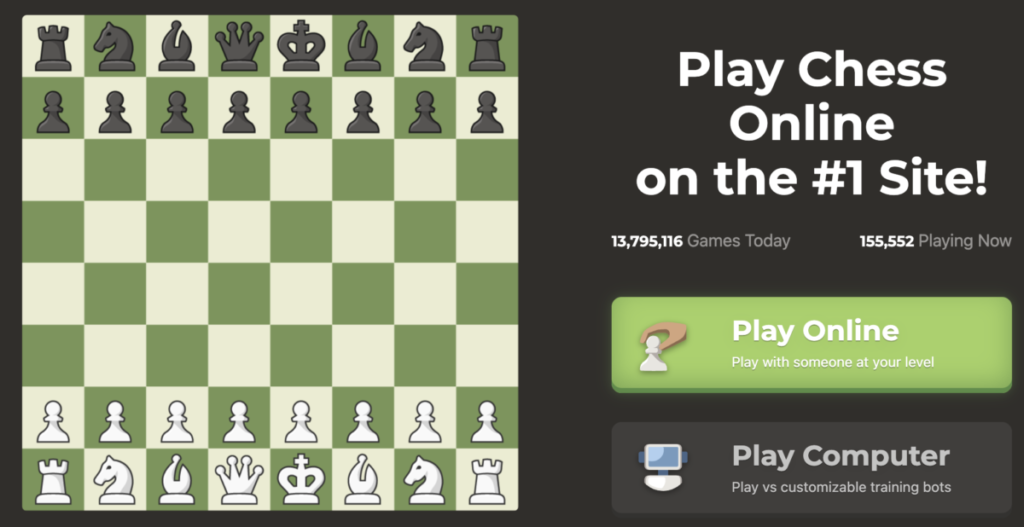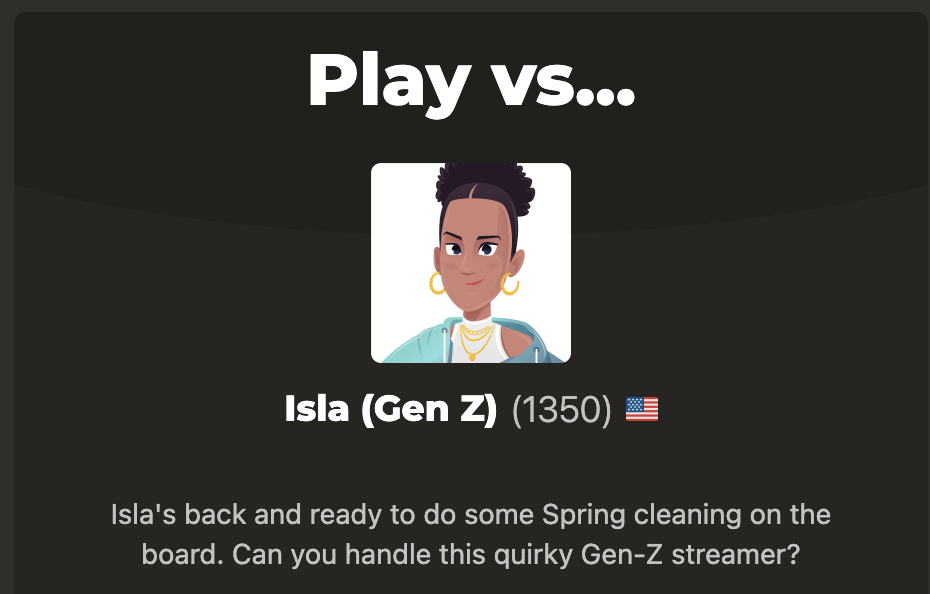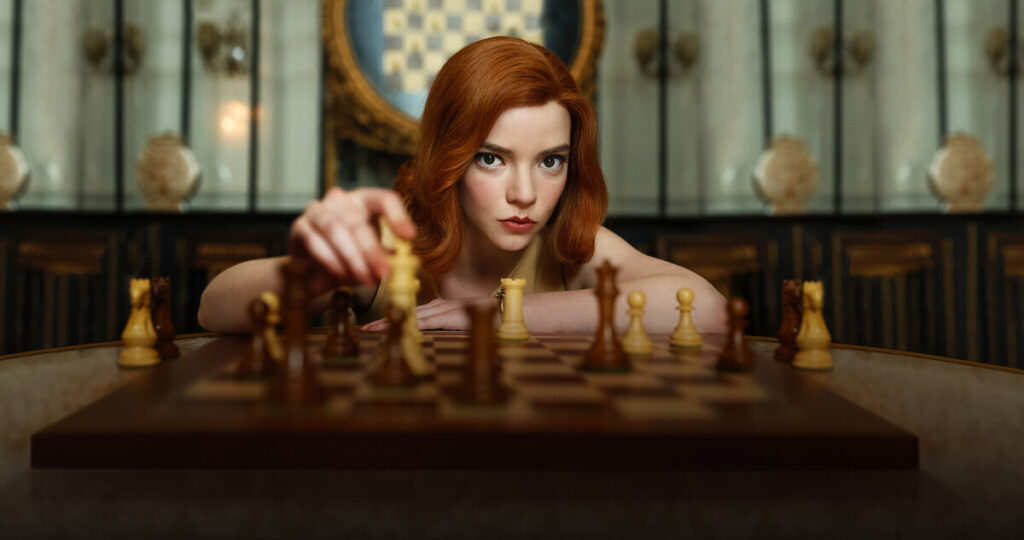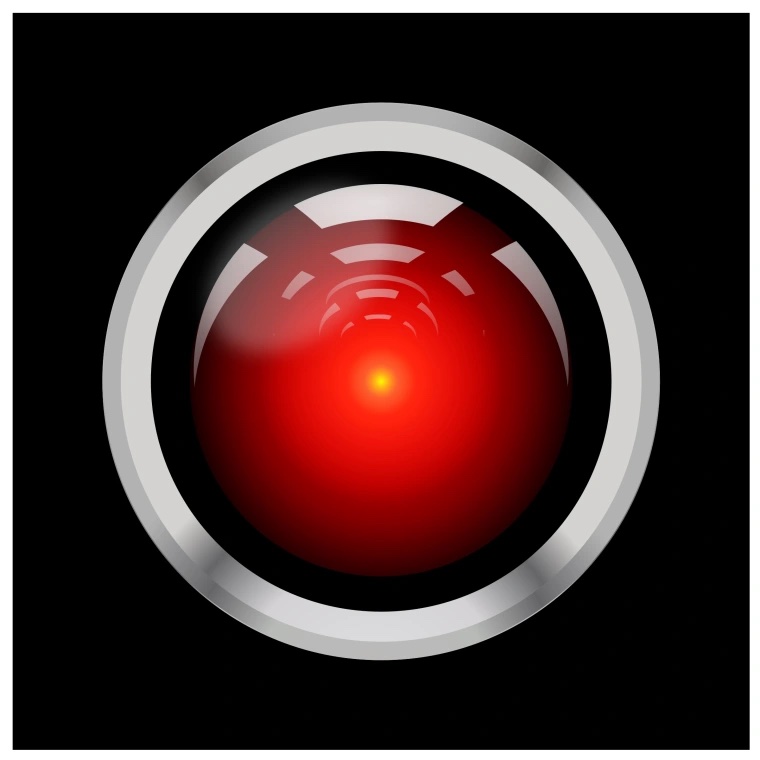I quit playing chess for almost 10 years. Before I quit, chess was my main elementary school extracurricular activity – practicing it with peers and coaches, doing puzzles, researching openings and endgames, traveling across the country for tournaments, etc. That was early 2010s. Back then I didn’t even have my cellphone not to mention computer. I did not think my coaches, several middle-aged guys who have won national championships, used cell phones or computers that often either. We mostly used pen and pencil to write down the moves, paper-backed chess books, and physical wooden chessboards.
So the way I perceived it, chess 10 years ago would roughly remain in its primitive form compared to when it was invented 1000+ years ago, which has been proved incorrect. However, though it is absolutely pointless to argue that chess has been the same over its thousands of years of history solely based on my experience, most of its foundation and format could just be dated back centuries and stayed the same. This may or may not be true for all board games.
The thing is, disruption seemed to happen only in recent years. On one side, I witnessed how “AlphaGo mastered the ancient game of Go, defeated a Go world champion, and inspired a new era of AI systems.” This would not give me that much of a shock because it felt distant, just like NASA sending rockets to the moon has nothing to do with me. So, on the other side, I learned that there is a website called chess.com in my Grade 10, in 2019, where you could play chess online and the website will match you with players all over the world. Later I discovered that it could achieve more than that. It could calculate the single-digit performance score for each move you make, conduct the post-game analysis in seconds, and tell you what is the best move at your request, etc. More importantly, you can play computer.

They name the computer “customized training bots” because you can choose the bots with various strengths and styles and use optional coaching features for insight. They even created profiles for those bots… I remembered playing the bot the first time. It indeed felt like you were playing a human, because the bot also took time to think, and varied in skills depending on the presets.

I quit playing chess not because of those disruptions but for other reasons (i.e. no time for the game, time for getting good grades on the exams and applying for good colleges, etc). Over the past few years, I tried to pick chess up several times – oftentimes with external stimuli such as enjoying The Queen’s Gambit and dreaming of becoming a chess prodigy like Beth Harmon. It seems very hard to break the bottleneck and improve if I do not devote that much time and energy to chess. So it kind of frustrated me not being able to become a better player or at least resume to the same level as I was before. I guess this comes down to all the games that involve competitiveness. Technically, you are playing against your opponent, whether that is a human or a computer. Fundamentally, you are playing against yourself.


Leave a Reply